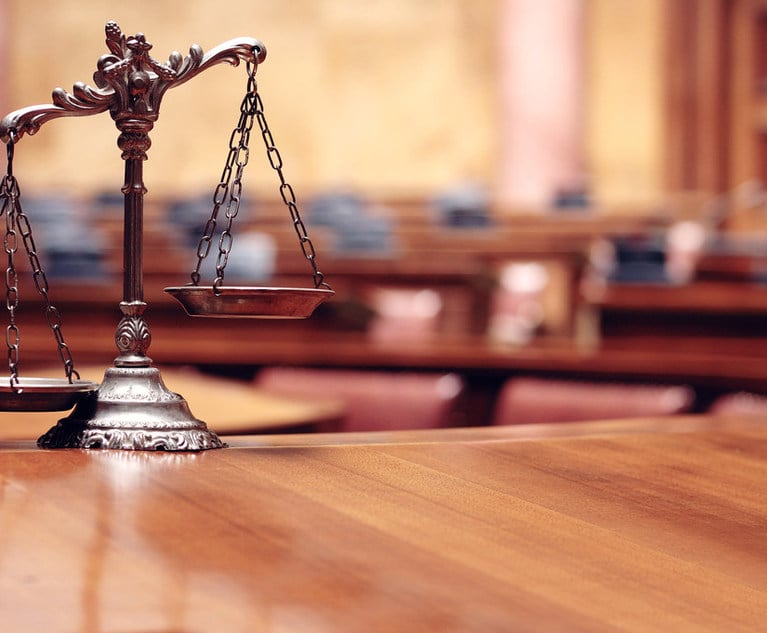The new reality created by the COVID-19 pandemic presents a fresh set of challenges for litigants. For appellate litigation, the U.S. Supreme Court has demonstrated that judicial proceedings can continue. Though very traditional, the Supreme Court has successfully adapted its procedures to accommodate present circumstances by allowing oral argument to be heard via teleconference.
But unlike the Supreme Court, district courts have the added elements of juries and witnesses that must be considered on reopening. Given the significant differences between trial and appellate courts, the Supreme Court’s seemingly smooth transition to virtual judicial proceedings should not lull litigants into thinking that the virtual option is a sufficient substitute. In addition to the myriad constitutional and due process issues that would arise from conducting criminal trials remotely, there are several practical concerns that litigants should consider as judicial operations resume, both virtually and in person.


 (l-r) Associates Samantha Darnell and Kim Daily, and partner Ron Zdrojeski of Eversheds Sutherland/courtesy photos
(l-r) Associates Samantha Darnell and Kim Daily, and partner Ron Zdrojeski of Eversheds Sutherland/courtesy photos




